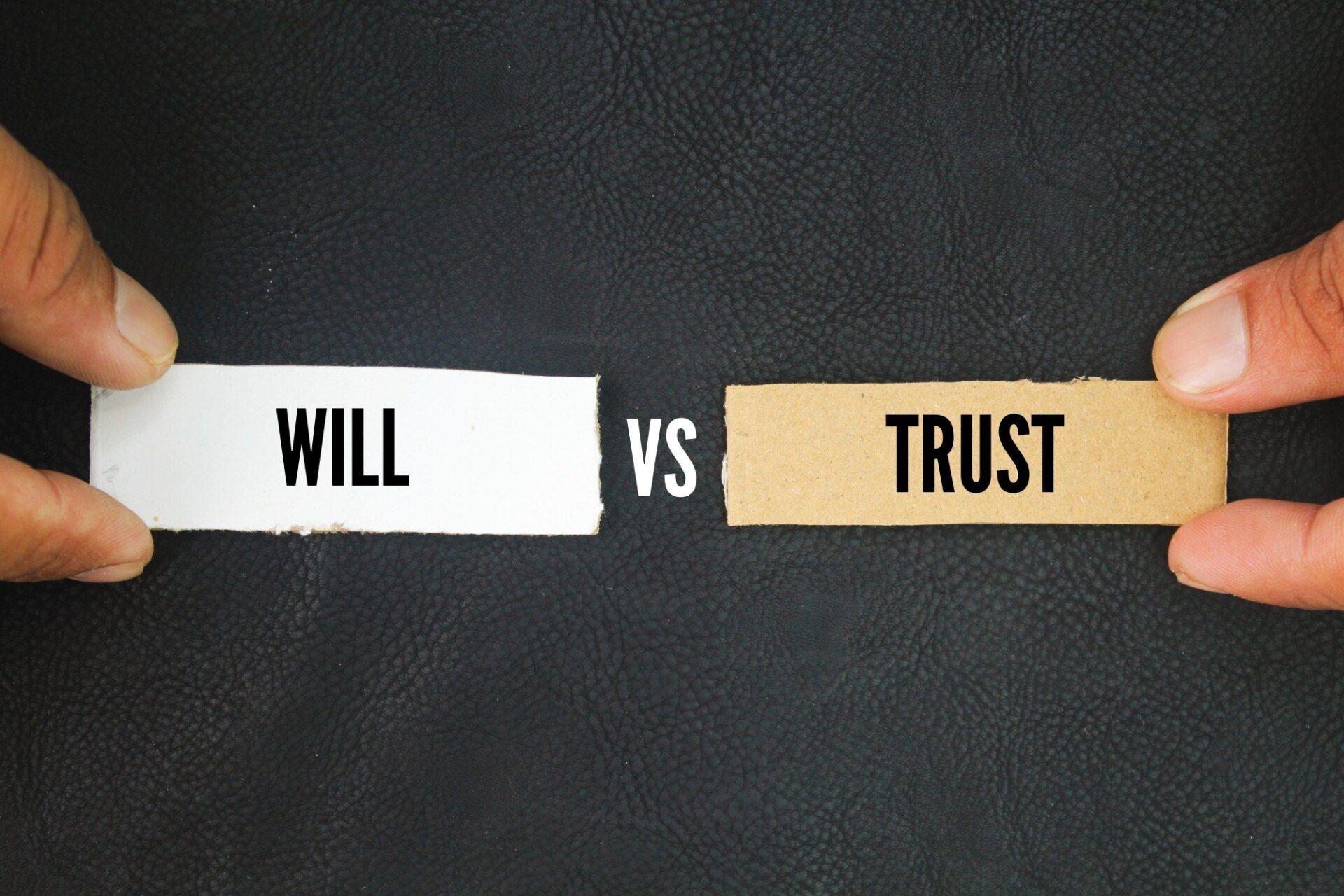Does Life Insurance Go Through Probate?
With matters of wills and inheritance, we are often reluctant to engage in a real, down-to-earth discussion about them. Without question, death and dying, and planning for those eventualities, are not very pleasant subjects. So, it is no surprise that such conversations are few and far between. Indeed, few Thanksgiving Day tables this year will be filled with talk of probate, and wills, and estate planning .
But, that being said, if you have parents who are getting up in years, or if you are the power of attorney for your parents, then you might have a few questions. By the same token, if you have a family, and you want to plan for their future – particularly with the ever-increasing cost of education these days – then consulting with an experienced probate attorney might be a wise move.
You, and likely your parents, have some sort of life insurance coverage, either through work or a standalone plan. Accordingly, one of the main questions you likely have with regard to the process upon someone’s death is “Does life insurance go through probate in the State of Florida?”
We at Doane & Doane, get that question all the time, and we are here to help. Established in 2003, Doane & Doane is a firm that has focused on probate, estate, and tax matters. We care deeply about people who are dealing with the emotional task of handling the death of a loved one, or planning properly so their family is taken care of in case of a tragedy. We are passionate about giving our clients the personalized legal counsel they need to appropriately take care of many major life and death decisions.
In this article, we answer the question of “Does life insurance go through probate?” If, after reading this article, you want to learn more about estate planning and probate alternatives, then we invite you to contact our professionals at Doane & Doane. We focus on Palm Beach probate cases as one of our areas of specialization and we can help you take care of your probate matter. Call us today at 561-656-0200.
Typically, Life Insurance is Separate from Probate Assets
Proceeds of a life insurance policy upon the death of the insured normally are not probate assets. Why is that? It is because the money paid out upon an insured’s death is not the insured’s money.
Specifically, life insurance is a product that is essentially an agreement between an insured and an insurance company. In that agreement, the insured agrees to pay a regular premium and, in exchange, the insurance company agrees to pay a certain amount of money upon the death of the insured. In the agreement, the money the insurance company pays out goes to a named beneficiary.
As a consequence, the money paid out by operation of the life insurance agreement is, as noted, not the insured’s money . Rather, the payment is money owed to the beneficiary upon the insured’s death. It is a common misconception that somehow life insurance proceeds are assets owned by the insured.
In fact, money never becomes a part of the insured’s estate or assets. Therefore, the life insurance money is not part of the probate assets.
Your Will Is Not the Way to Control Distribution of Life Insurance Proceeds
It is also common for people to mistakenly believe that they can control the distribution of life insurance proceeds by writing it into a will. Such provisions in a last will and testament will generally have no effect. That is because the only way to change who receives life insurance proceeds is to change the beneficiary in the insurance contract with the insurance company.
In that vein, whenever you have a major life change, such as a divorce or death of a family member, you may want to review your plans and beneficiary designations to ensure that your assets and insurance distributions go to the people who you think should receive it.
It is important to note that Florida law has a provision to help people in that regard. In the event of a divorce, Florida law provides that the ex-spouse is no longer a valid beneficiary, even if the insured forgot to change the beneficiary designation.
Are There Exceptions to the Line Between Life Insurance and Probate Assets?
Yes, there are occasions when life insurance proceeds can become a part of a decedent’s estate. That occurs if the life insurance policy at issue is made payable to “your estate” or when, under the terms of many policies, the only named beneficiary on the policy dies before you do. If no beneficiary outlives you, then the life insurance proceeds become probate estate assets, because the money is now officially the decedent’s money.
Doane & Doane Can Help You with Life Insurance and Probate Decisions
Whether it is assistance to administer an estate or help with choosing appropriate life insurance, you should engage the help of the Palm Beach probate attorneys at Doane & Doane.
Florida fiduciaries seek the assistance of the attorneys of Doane & Doane, P.A. to administer and manage their trusts and estates frequently. The founding partners of Doane & Doane are board-certified West Palm Beach Probate Attorneys. With the additional advantage of certified public accountancy in their backgrounds, they present a unique combination of skills and experience which enables them to effectively settle, administer, and manage clients’ trust and estates.
Overseeing an estate can be a time-consuming and complicated process. We help clients every step of the way. Our probate administrative services include:
1. Proving in court that a deceased person’s will is valid
2. Identifying and inventorying the deceased person’s property
3. Property appraisal
4.
Supervising and arranging the estate’s debts and taxes
5. Distributing property as directed by a will
6.
Transferring title and ownership of assets to the proper beneficiaries
In addition, the personal representative, executor, or executrix must follow Florida law to conclude the decedent’s affairs, including:
1. Giving the proper notices to proper parties
2. Collecting the decedent’s property
3. Receiving claims against the estate
4. Paying valid claims and disputing others
5. Distributing estate property according to the will or state law
6. Selling estate property to cover debts or allow for proper distribution, if necessary
Let us at Doane & Doane help you with your probate matter. Contact a Doane & Doane professional today by calling 561-656-0200.
The post Does Life Insurance Go Through Probate? appeared first on Doane and Doane, P.A..
Disclaimer: The information on this website and blog is for general informational purposes only and is not professional advice. We make no guarantees of accuracy or completeness. We disclaim all liability for errors, omissions, or reliance on this content. Always consult a qualified professional for specific guidance.
RECENT POSTS






